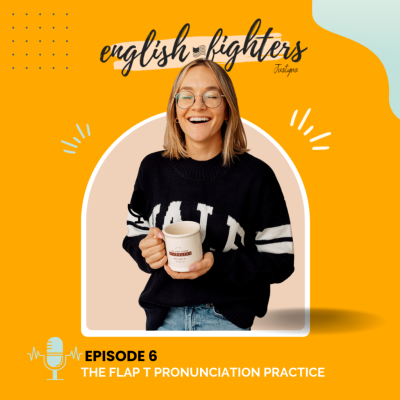Hey there! If you’ve seen any of my texts before, you know that I like to be concrete and narrow things down. So here I come with a couple of tips on how to understand a native speaker. Why am I writing this? It’s all because of the language barrier. This tricky little piece of *hit takes away all the happiness from our trips, the chance to meet new people and explore new cultures. Yeah, yeah, we all want to go to the USA one day, but you want to fully embrace your once-in-a-lifetime adventure, don’t ya?
- First and foremost, don’t panic. I know what you’re thinking. “It’s easy for you to say”, but that is truly one of the most significant rules. If you’re actually planning to go on a trip to the US, you’ll first contact the officers who decide if they want to let you into their country or not (it’s not that serious of course). Even though I have an American citizenship, I still always freak out a bit because these guys are so serious. They might ask you about the purpose of your trip, where you’re staying, how much money you’re bringing etc. Just in case you get a little nervous and don’t understand what they’re saying, remember the golden phrase:
“I’m sorry, but I don’t understand. Could you speak a bit slower, please?” Voilà. You don’t have to explain that your English is bad (which isn’t true) – you just need to get used to a different accent. Plus, Americans speak really fast!
Prepare answers for questions like:
-Where are you staying?
-What’s the purpose of your visit?
-How long are you staying?
- Practice, practice, practice. Surround yourself with the accent you need or like the most. Drill it, repeat it, listen to it and record yourself speaking. Check your pronunciation afterwards. Don’t trust your ears while speaking – very often we think that we sound great, but then we catch a lot of mistakes.
Here’s a thing you can do:
Choose a Youtube video (in English of course). Start with something simple.
Listen to the whole thing to get the idea of the context.
Listen again and detect some confusing sounds. Listen to it a couple of times and repeat it out loud. Turn on the subtitles if necessary but quickly turn them off once you grasp the meaning because you want to stop visualizing the words, remember? English is not a phonetic language and that’s the biggest issue with it!
- Focus on pronunciation. Don’t neglect it. Unfortunately, at school they teach you how to read and write in English first, which causes a lot of trouble later on. Ask your teacher to show you the pronunciation rules, practice your intonation, the word stress, etc. If you don’t have an English teacher, you can still use all the free resources in the world. Be aware of sounds that are not even spoken like in:
PSYCHOLOGY
KNIFE KNOW
ADJOURN
4.Learn reductions. English speakers love ’em. Using them will make you sound more natural.
kinda = kind of
lotsa = lots of
allotta = a lot of
outta = out of
sorta = sort of
typa = type of
hafta = have to
gotta = got to
wanna = want to
gimme = give me
lemme = let me
5.Trust your intuition and your experience. You probably hear English every day, and I’m sure you know more than you think. Try to get rid of the habit of translating everything in your mother tongue, and stop trying to connect everything that you want to say with grammar rules. Maybe you could try some sort of meditation practice? Close yourself in a quiet room, try to focus for 5 minutes and think only in English. Describe what’s around you, think about the things you did the other day. Practice makes perfect, so give yourself some time.
One extra tip from me is to learn slang, phrasal verbs, and idioms. Native speakers use them a lot, just like you do in your native language. Here are some places where you can learn them.
Hope you find this post useful! Leave a comment, let me know what you think and share your own experience.




